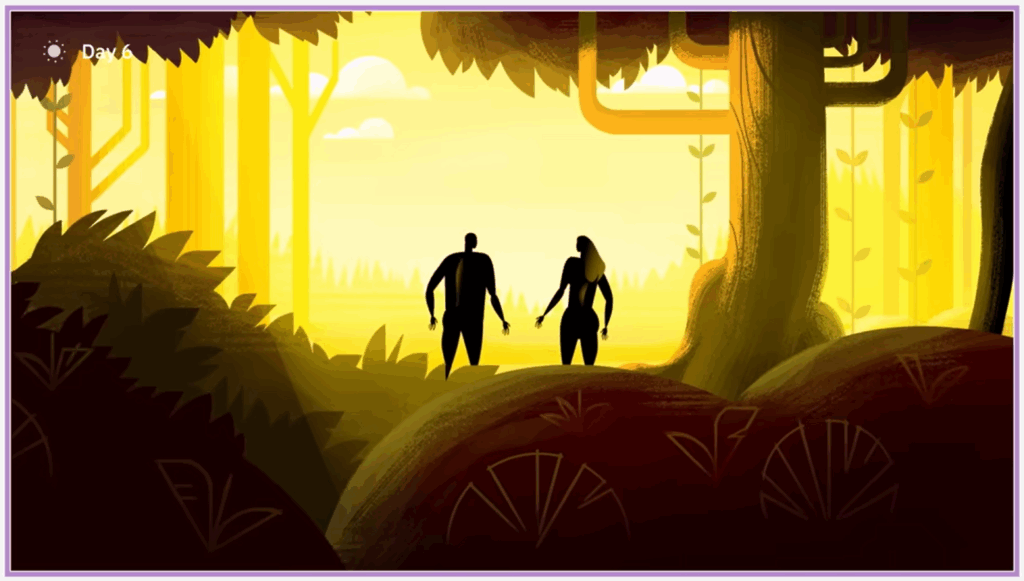An Ordered Creation
by the Rev. AJ Ochart
Scripture
Sermon Notes
This week we begin the Narrative Lectionary for this year. For those who do not know (or forgot), the Narrative Lectionary is a four-year cycle of scripture readings (some may be familiar with the Reformed Common Lectionary, a similar three-year cycle). Narrative Lectionary starts on the Sunday after Labor Day, and continues through Pentecost Sunday with scripture lessons for each Sunday going chronologically through the story of the Hebrew and Christian Scriptures. During the autumn, we will read of the seven-day creation account; the binding of Isaac; Jacob’s blessing; the call of Moses; the Hebrews eating manna in the desert; the calling of Samuel; anointing of David; building of the Jerusalem temple; Elijah’s instruction on the mountain; and the prophets Amos, Isaiah, Jeremiah, Daniel, and Ezekiel. Starting just before Christmas we will focus on the gospel according to John, going through the story of Jesus into the season of Easter. After John we will read Paul from Acts and his letter to the church in Philippi. The purpose of presenting the scriptures in this way is to help everyone better understand the scope of our scriptures and the great story of redemption that God reveals to us through them. Join us on this journey as we see God’s calling and blessing of deeply flawed people like you and me.
This Sunday we begin this journey with the Creation story found in Genesis chapter 1 and the beginning of chapter 2. This creation narrative is by no means the oldest of the creation narratives in the Hebrew scriptures, in fact it is likely the newest. It was likely written by the Levitical priests, as it takes into account the priestly separation of animals [e.g. separating animals by domesticated cattle (ritually clean), creeping things (unclean vermin), and wild animals (unclean predators); or things you can eat, things you can’t eat, and things that can eat you).
This story of a six day creation is presented here as a theological introduction to the pre-history/nations theological introduction of Genesis 1-11, which itself serves as a theological introduction of Genesis, which serves as a theological introduction to Torah, which serves as a theological introduction to the Tanakh Hebrew Scriptures. It makes several statements about God (spirit, able to create order out of disorder, a non-violent God compared to other creation narratives), about humanity (created in/as the image of God, given dominion even though they were created last), and of the cosmos itself (created as very good, ordered, and just).
This story is our first step into a larger world, and can shape the way we see everything around us, if we let it.
